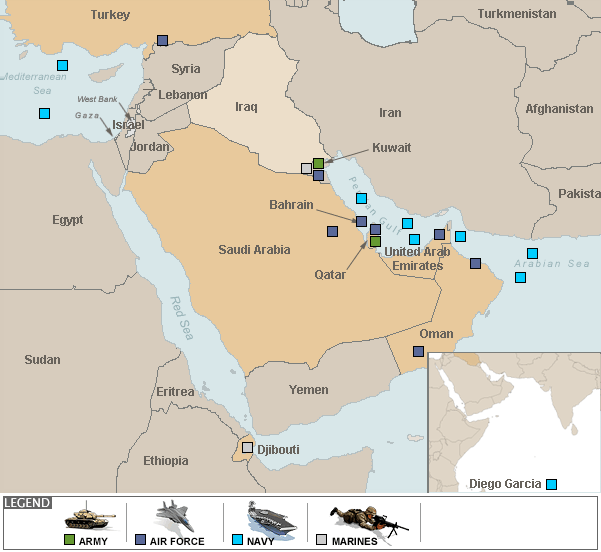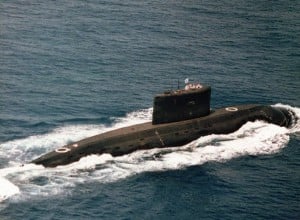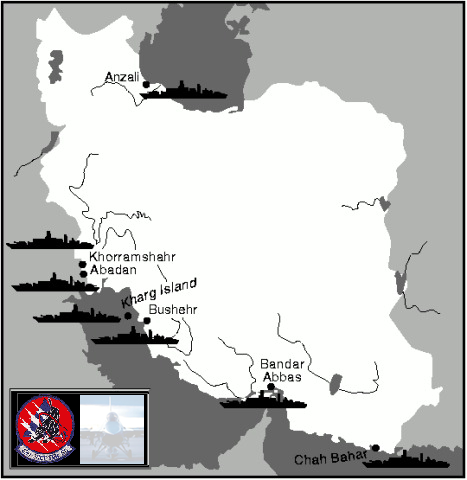“Romnography”: Where’s the Persian Gulf? Epic Fail

“Syria is Iran’s only ally in the Arab world. It’s their route to the sea. It’s the route for them to arm Hezbollah in Lebanon, which threatens, of course, our ally, Israel. And so seeing Syria remove Assad is a very high priority for us” (Mitt Romney, presidential debate, October 23, 2012)
The Islamic Republic of Iran has an extensive maritime coastline bordering onto the Persian Gulf, the Gulf of Oman and Arabian Sea.
Iran is an ally of Syria but it does not have a border with Syria.
For Iran’s commodity trade to reach the Mediterranean by land through Syria would require transit through Iraq (under US military occupation) and/or Turkey, a US ally and NATO stronghold.
Epic Fail, D+ Romney has a degree from Harvard. So much for University standards.
![]()
But let us analyze a more serious issue:
What are the potential geopolitical consequences of Mitt Romney’s sheer ignorance were he to become President and Commander in Chief of the United States of America?
One recall’s that George W. Bush at the height of his election campaign in 2000 thought the Taliban were a “rock group”:
When a Glamor correspondent asked Governor Bush what he thought about the Taliban, he just shrugged his shoulders, bemused. It took a bit of prompting from the journalist (“discrimination against women in Afghanistan”) for Bush to rouse himself: Taliban in Afghanistan! Absolutely. Reprisals. I thought you were talking about some rock group.
That’s how well-informed about the outside world the prospective U.S. president is. Even about very important present-day developments that are on everyone’s lips – that is, everyone with the slightest pretensions to culture; developments that he, if elected, will have to deal with. (Moscow News, July 2000)
The next president of the US will have to make some fundamental decisions of a diplomatic, strategic and military nature with regard to Iran, which require an understanding of both geography and geopolitics.
Or will key decisions be taken by Big Oil and Wall Street, channeled to the White House through handpicked senior officials and presidential advisers, who respond foremost to the demands of dominant corporate interests?
American presidents have an army of Ivy League advisers who brief them as to where the enemies of America are located geographically. But what happens if the president and commander in chief does not understand the substance of these briefings?
Without presidential knowledge of geopolitics and more specifically of geographic waterways, “military mistakes” with far-reaching consequences are more likely to occur.
The Persian Gulf is a strategic waterway which is of particular relevance to US Command and Control (CC).
The Arabian sea and the Persian Gulf are heavily militarized. The US Fifth Fleet operates out of Manama, Bahrain. US Central Command (USCENTCOM) operates out of Qatar.
America and its allies have several naval bases adjacent to Iranian territorial waters. (See Map below)
Surely, these are realities which should be known to an aspiring US head of state, who in addition to the presidency must also assume the role of Commander in Chief, including decisions pertaining to the US naval forces.
The Persian Gulf is the gateway to Middle East oil. Close to 17 million barrels of oil per day transit through the Strait of Hormuz in tankers, from the Persian Gulf en route to the Arabian sea and the Indian Ocean.
It is not strictly the issue of Mitt Romney’s ignorance of geography which is at stake, the president and commander in chief will be called upon to take decisions pertaining to the deployment of US naval power.
We must also ensure that the ignorance and ineptitude of the president in foreign policy matters is not used to trigger a US-NATO led regional war, which would extend from the Eastern Mediterranean to the Persian Gulf.
An understanding of geopolitics requires geography.
If Iran is believed to be landlocked, then Iran, according to Mitt Romney, does not have a Navy.
And if Iran does not have a Navy, it does not constitute a “threat” to US Naval power in Middle East and Asian waterways.
Hello Romney.
Iran not only has an extensive coastline along the Persian Gulf and the Arabian sea, it also has a significant naval fleet of destroyers, frigates and submarines.
In recent years, it has developed its naval power with Russian assistance in response to US threats. Its entire coastline is militarized.(see map below).
_______________________________________________________________________________________________________________________________________________________
A note from Michel Chossudovsky regarding geography:
The Centre for Research on Globalization (CRG) is located in Montreal, province of Quebec, Canada, geographically situated fifty miles North of the Canada-US border.
We have an understanding of geography and geopolitics. We are following the ongoing election campaign in the US.
We are committed to truth in media, the pursuit of peace and real democracy in the US, Canada and around the World.
All of our authors are volunteers.
Help us reverse the tide of media disinformation. Consider making a donation to Global Research.





